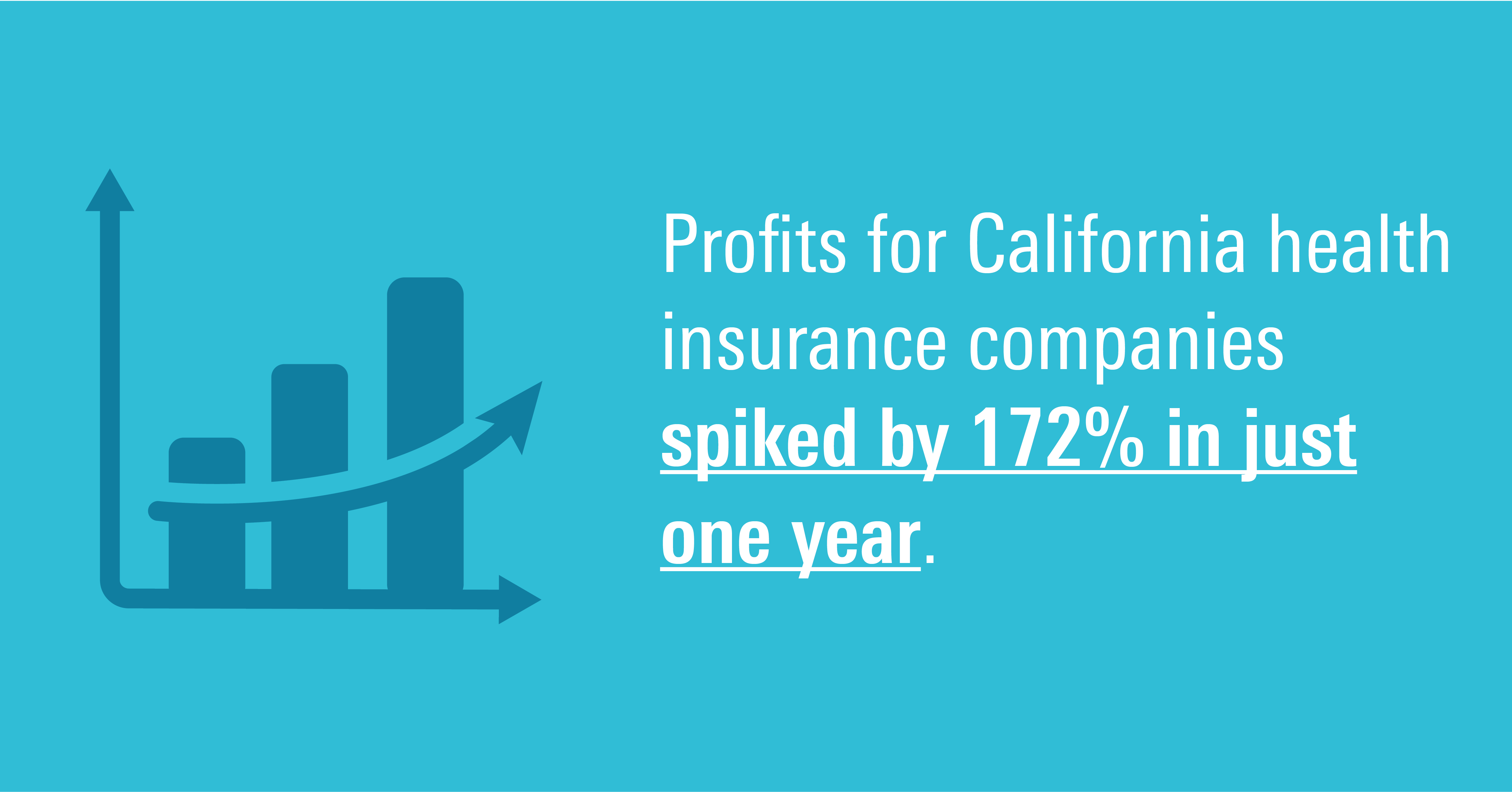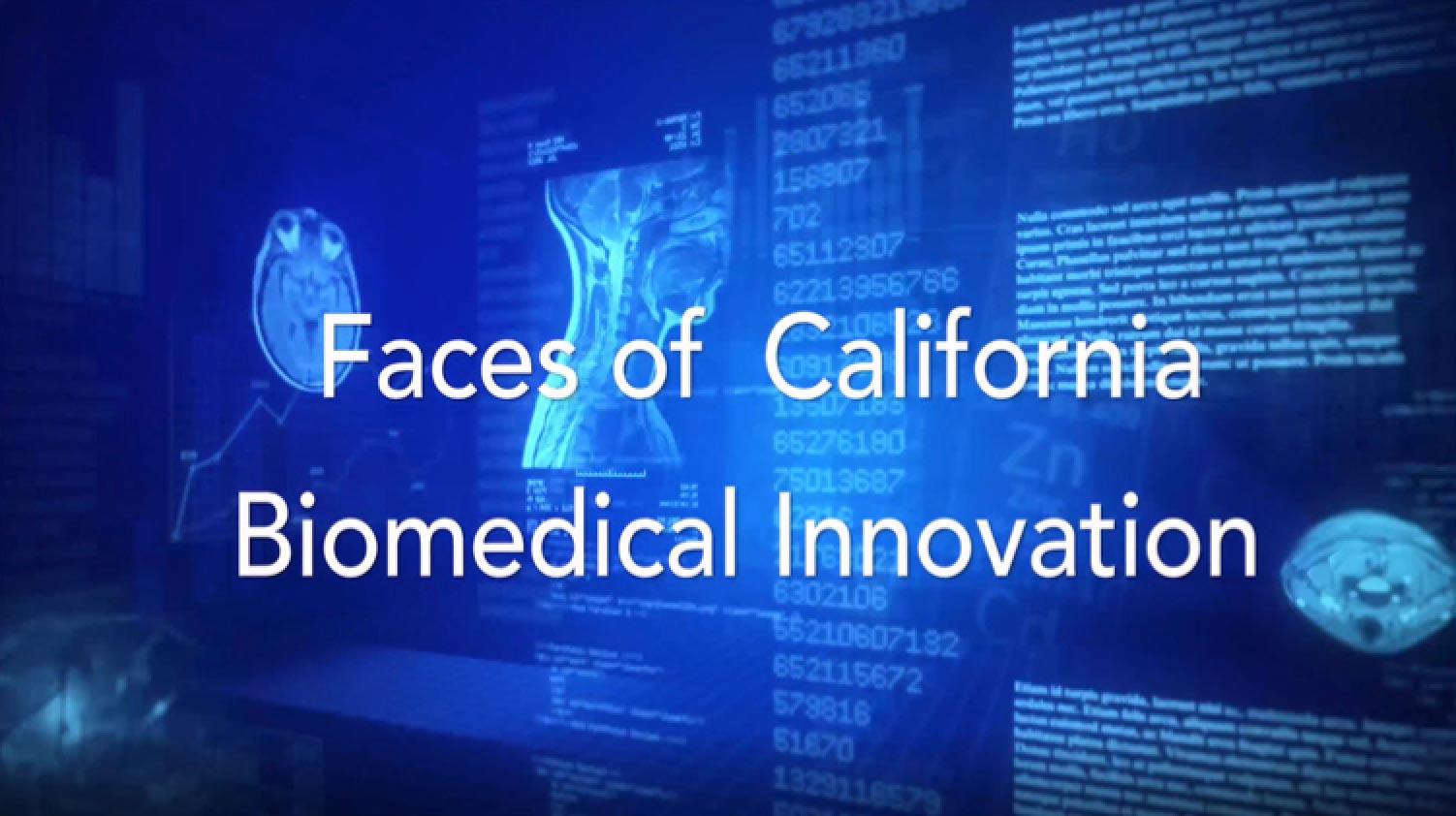By Steven Mento & Rich Pascoe
Originally published in the San Diego Union-Tribune | June 2, 2017
 The California Assembly is currently considering SB 17 that’s being deceptively sold under the label of drug pricing transparency. As the CEOs of San Diego-based bioscience companies committed to delivering affordable, cutting-edge treatments to patients, we feel compelled to warn our representatives that this bill is a red herring. If enacted, it won’t lower the price of drugs, but it will drain investment in new medicines and make it more difficult to deliver breakthrough therapies to patients.
The California Assembly is currently considering SB 17 that’s being deceptively sold under the label of drug pricing transparency. As the CEOs of San Diego-based bioscience companies committed to delivering affordable, cutting-edge treatments to patients, we feel compelled to warn our representatives that this bill is a red herring. If enacted, it won’t lower the price of drugs, but it will drain investment in new medicines and make it more difficult to deliver breakthrough therapies to patients.
The term “transparency” typically describes legislation that gives consumers information they can use to make informed decisions. SB 17 is not that kind of bill. Here, “transparency” refers to the government’s effort to force drug innovators to disclose proprietary information and confidential business records that no other private industry must share. Doing so will undercut the competition and deal-making that constrain drug costs.
Real transparency legislation would help patients get the information they need to make thoughtful choices on health insurance enrollment. It would help patients understand what medicines are covered by their plans and what kind of cost-sharing is required. Real transparency would examine the role of insurers and pharmacy benefit managers (PBMs), for they determine what patients pay out of pocket, not drug innovators.
SB 17 is predicated on the notion that the biopharmaceutical industry exaggerates its commitment to research and development. However, claims that drug innovators spend more on marketing than on R&D have been widely discredited. They are derived by counting as “marketing” all sorts of routine administrative expenses and including only a few Big Pharma companies at the end of the drug distribution chain. These formulations fail to count the $70 billion in R&D from the 4,000 smaller U.S. biopharma companies that make up the heart of the life sciences ecosystem and generate 65 percent of all new drugs.
San Diegans may not realize it, but most life sciences companies shutter before earning a single dollar in sales. Ninety percent of biopharmaceutical companies don’t earn any profit, and 90 percent of all new drug programs in the development pipeline do not gain government approval. Drug pricing determinations reflect not just the development cost of one particular drug that makes it to market, but the imperative to attract risky investment to finance expensive therapies that never do.
Forcing drug innovators to itemize their input costs for the development of a particular drug will chill investment while doing nothing to constrain prices. SB 17 seeks to treat the biopharmaceutical industry like a public utility, where prices are regulated on a “cost-plus” basis. This would be a huge red flag for investors.
When politicians spook biotech investors, it hits small emerging companies the hardest. Last year, biotech IPOs and follow-on offerings were down by more than 50 percent, largely due to the political uncertainty created by the barrage of political attacks on life sciences companies. The innovators being punished most severely for the drug pricing controversy are the entrepreneurs who don’t yet have drugs to price.
SB 17 also includes a mandate for bioscience companies to provide advanced notification of even modest price increases. Mandatory 90-day warnings on future price hikes will give wholesalers, hospitals, pharmacies, large provider networks and buying groups ample time to hoard as much product as possible before the increase takes effect. Sudden spikes in demand are extremely difficult for biopharmaceutical manufacturers to manage since complex biologic medications take time to manufacture. This scenario could lead to drug shortages.
San Diego’s life sciences cluster is one of the strongest in the nation. We’ve earned an international reputation as the “genomics capital of the world.” Employment in San Diego County’s life science industry has increased by 20 percent over the past five years. We have 1,255 life science establishments that employ nearly 50,000 San Diegans. Our elected officials must not take this growth for granted, for it is dependent upon our ability to attract investment. If enacted, SB 17 would threaten our region’s economic and scientific progress.
Patients throughout our city have legitimate concerns about access to affordable drugs, but SB 17 does not address them. It is the wrong prescription for California. We still have time to come up with a holistic solution that doesn’t impede investment or thwart commercialization of lifesaving therapies that patients across the world are counting on us to deliver.
Mento is CEO of Conatus Pharmaceuticals. Pascoe is CEO of Apricus Biosciences.
Read at the San Diego Union-Tribune.



